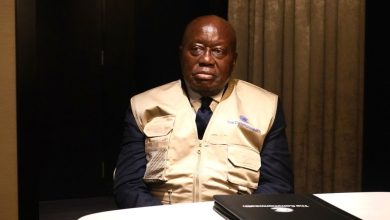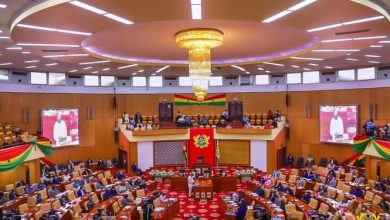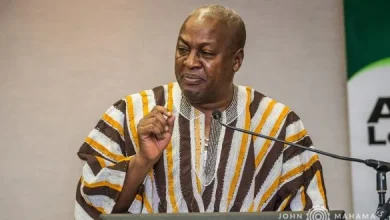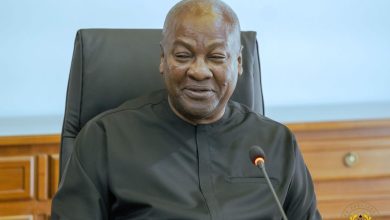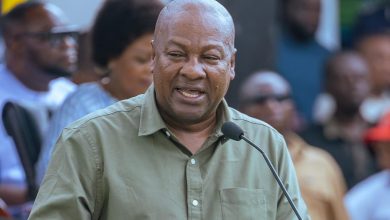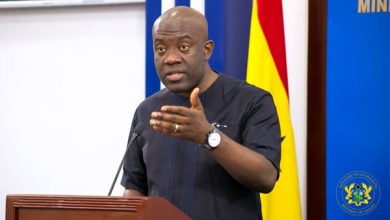AG defends MPs’ right to retain seats amid independent candidacy

Attorney General Godfred Dame has submitted his statement as the second defendant in the Supreme Court case brought by Majority Leader Alexander Afenyo-Markin, challenging Speaker of Parliament Alban Bagbin’s decision to declare four parliamentary seats vacant.
The case stems from Bagbin’s ruling that three MPs, who intend to run as independent candidates in the December 2024 elections, must vacate their seats.
Additionally, an Independent Candidate, MP for Fomena Andrew Asiamah has also filed to contest the 2024 Parliamentary election on the ticket of the NPP.
Afenyo-Markin, seeking clarity on this matter, argued that the MPs should retain their seats until the end of the current parliamentary term.
In response, the Supreme Court issued a stay of execution on Bagbin’s ruling, temporarily halting the enforcement of the Speaker’s decision.
In his statement dated October 21, 2024, Godfred Dame argued that merely filing nominations for future elections does not automatically disqualify MPs from holding their current seats.
He asserted that an MP’s seat can only be vacated during the ongoing parliamentary term if they switch parties or officially declare themselves as independent while still serving within the present Parliament.
This clarification is crucial as it challenges the Speaker’s ruling and emphasizes that running as an independent candidate in a future election should not result in the immediate forfeiture of a parliamentary seat.
“Filing nomination to contest an upcoming election for a place in a future Parliament does not lead to a vacation of the seat.”
According to him, all branches or agencies of government, including Parliament, are subject to the Constitution and the Supreme Court’s judicial review powers to determine the constitutionality of their actions and decisions.
“Every arm of Government or agency of the State, including Parliament, is subject to the Constitution and to the Supreme Court’s judicial review powers of determining the constitutionality of actions and decisions by that arm or agency.
“Consequently, an order, decision, ruling or determination by the Speaker of Parliament, in contravention of and/or ultra vires to the Constitution, will render such order, decision, ruling or determination, amenable to the jurisdiction of the Supreme Court.”
The Attorney General requested that the Supreme Court interpret the Constitution as a whole, ensuring that all relevant parts are considered in relation to the current case
“Respectfully, in coming to the conclusions above, we will invite the Court to read the Constitution as a whole giving effect to the various parts connected with the subject matter of the instant action.
“When this is done, there will be no doubt that “Parliament” as used in article 97 refers to a session of Parliament or the life of a particular Parliament and nothing more.”
On Tuesday, October 23, the Speaker adjourned the parliamentary session indefinitely due to a lack of quorum.
However, the Minority caucus is standing firm on its claim to being the Majority, despite a recent court ruling. They argue that until the Speaker makes an official communication, they remain the Majority.
Source: citinewsroom



